Vitamin A, B, C, D, E, F, G, H, I….we get it, there’s nearly a full alphabet of vitamins, but why do we actually need them? From the day dot, we’re told to eat our 5 a day to make sure we get enough of these little gems. You can find them everywhere; in pills, powders and everything in between, containing vitamin this and vitamin that. You’ve probably even seen your grandparents popping a few in the morning (well we hope those are vitamins anyway).
Vitamins are actually considered essential. Basically, you and I wouldn’t be here without them. You can find vitamins in loads of different foods, including fruit, vegetables, fish and meat.
But vitamin supplementation in itself is pretty popular in the fitness community. The reason being – we can pack in pretty much every vitamin you would need into a pill. Saving you time, money and of course those dreaded extra calories.
It goes without saying, you can consume the correct amount of vitamins through your food, but it’s extra important to make sure you keep your levels as high as possible especially if you take part in any physical activity. Plus, you’d have to eat a heap load to make sure you got every last one. These convenient capsules have you covered.
Which Vitamins Should You Take as An Athlete?

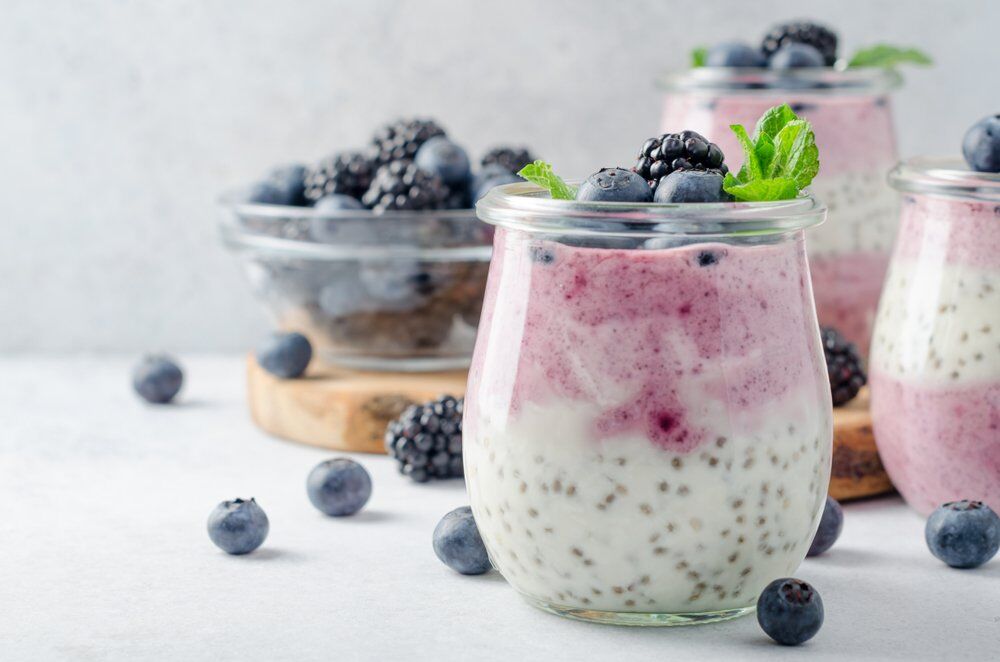

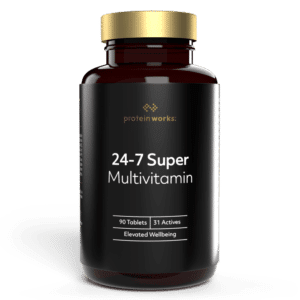
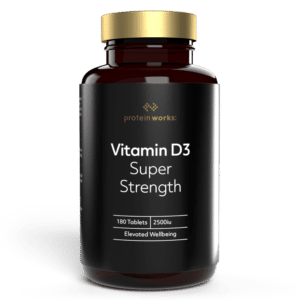
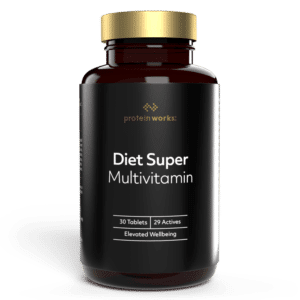
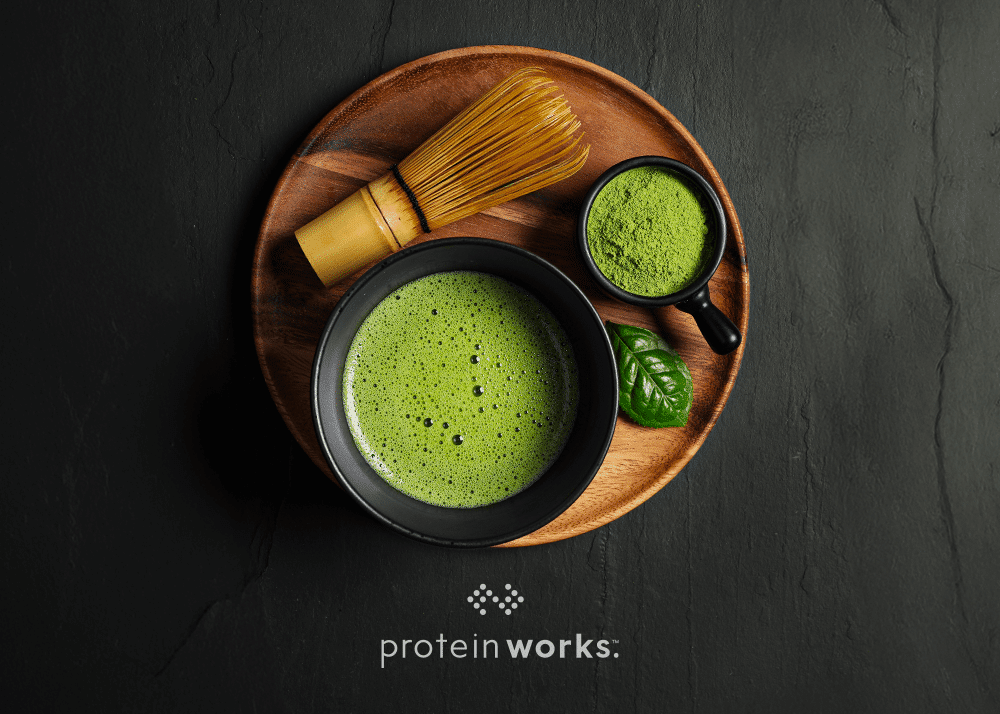
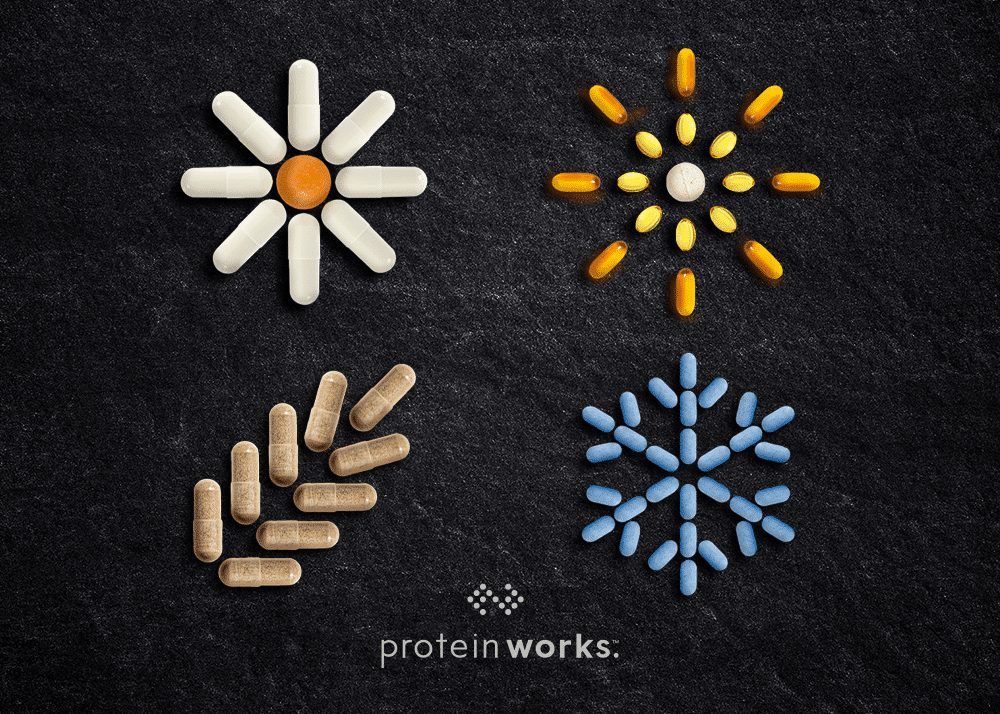
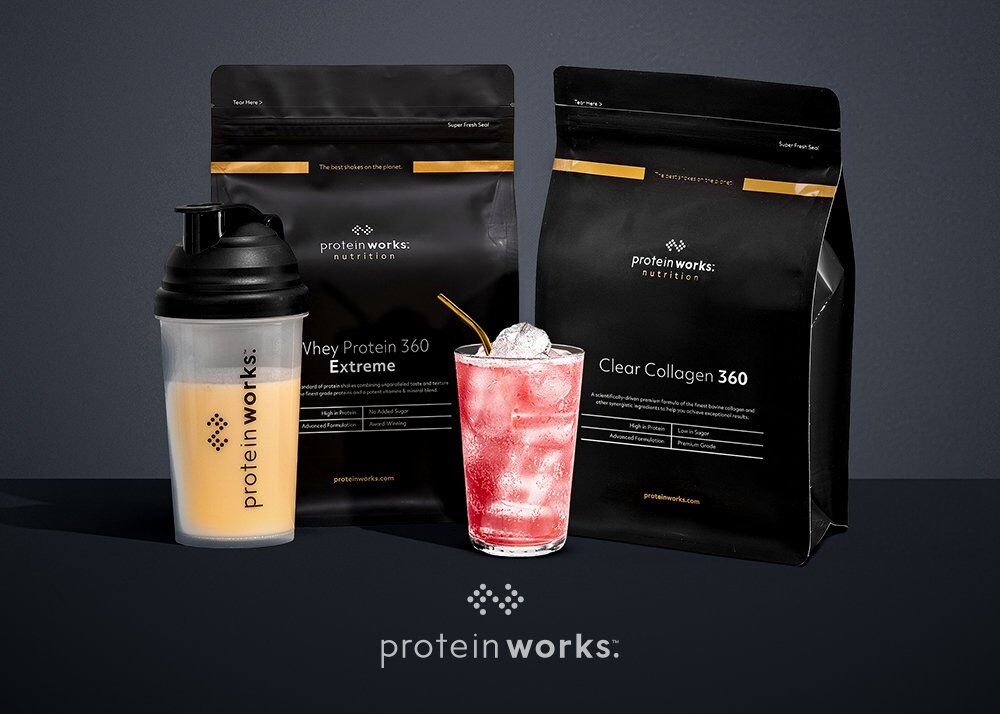

No Comments yet!